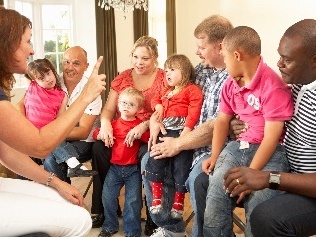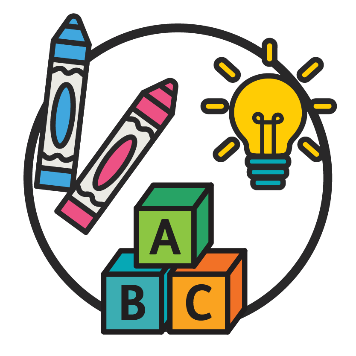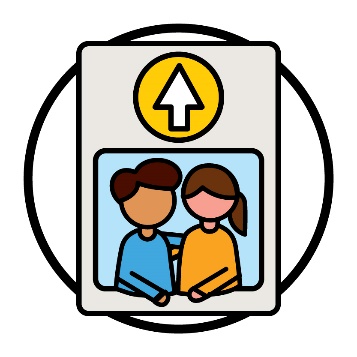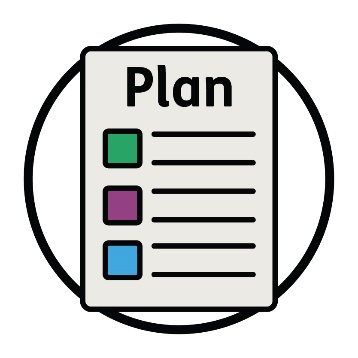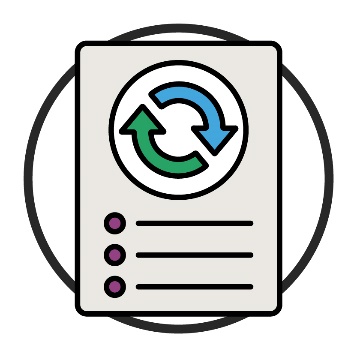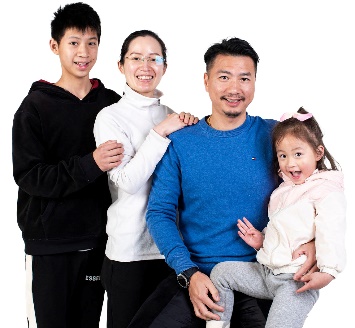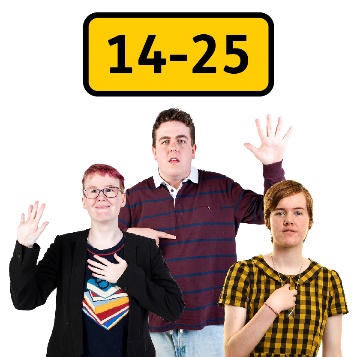Update on the NDIA Children’s Taskforce
| The NDIA gave an update to the Reference Group about their work on their Children’s Taskforce. | |
| The Children’s Taskforce will focus on children 0‑14 years old who take part in the NDIS. And it will support these children during different stages of their life. | |
| Reference Group members shared that the NDIA needs to learn from First Nations communities. They are getting good results for children and young people. | |
Members also shared that the NDIA needs to find ways to work with other supports, including: | ||
|
| |
|
| |
| They should focus on supports that help children learn new skills. | |
| Members explained that most parents of children with disability learn how to support their child from other parents. This means there should be more peer support programs for parents. | |
| Members shared that they want to know how the Children’s Taskforce will work with state and territory governments. | |
| This includes how they will work together to make sure children and young people get the support they need. | |
| Members also shared that the Children's Taskforce should focus on the role of parents and carers. They should do this in NDIS plans. | |
| Members shared that the NDIA should change some of the words they use to explain the Children’s Taskforce. | |
| Member explained when the NDIA supports families, they should focus on what the family needs. This is important to help children grow and develop. | |
| Members shared that the NDIA needs to make a Children’s Taskforce for young people 14‑25 years old. | |
Update on the NDIA Children’s Taskforce
| The NDIA gave an update to the Reference Group about their work on their Children’s Taskforce. | |
| The Children’s Taskforce will focus on children 0‑14 years old who take part in the NDIS. And it will support these children during different stages of their life. | |
| Reference Group members shared that the NDIA needs to learn from First Nations communities. They are getting good results for children and young people. | |
Members also shared that the NDIA needs to find ways to work with other supports, including: | ||
|
| |
|
| |
| They should focus on supports that help children learn new skills. | |
| Members explained that most parents of children with disability learn how to support their child from other parents. This means there should be more peer support programs for parents. | |
| Members shared that they want to know how the Children’s Taskforce will work with state and territory governments. | |
| This includes how they will work together to make sure children and young people get the support they need. | |
| Members also shared that the Children's Taskforce should focus on the role of parents and carers. They should do this in NDIS plans. | |
| Members shared that the NDIA should change some of the words they use to explain the Children’s Taskforce. | |
| Member explained when the NDIA supports families, they should focus on what the family needs. This is important to help children grow and develop. | |
| Members shared that the NDIA needs to make a Children’s Taskforce for young people 14‑25 years old. | |



